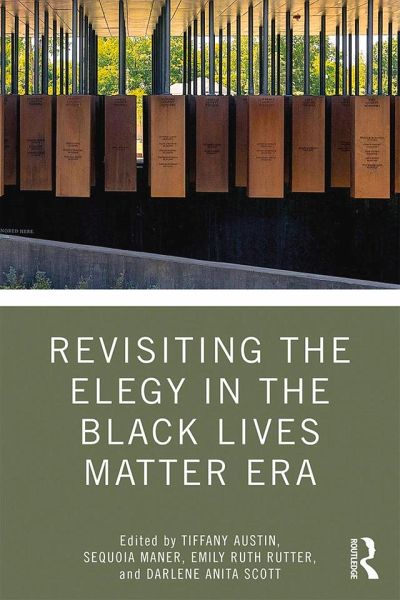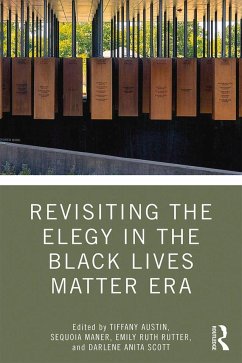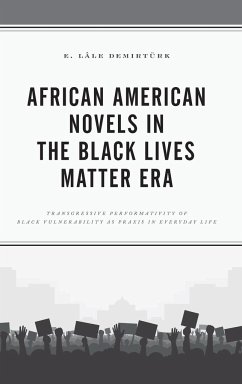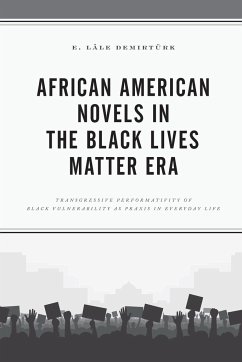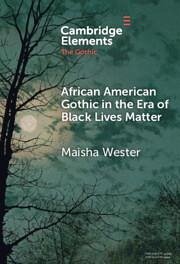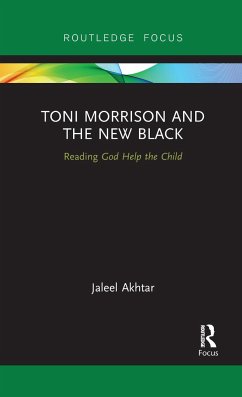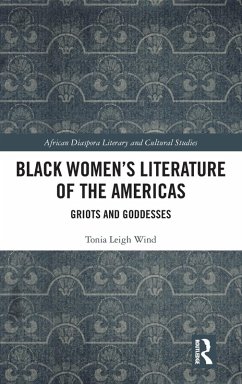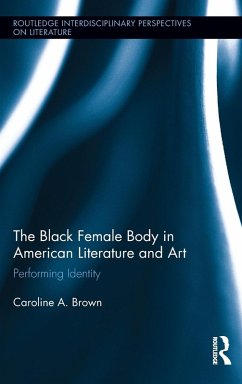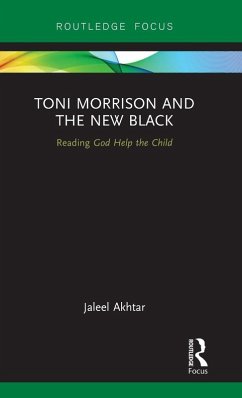Tiffany Austin, PhD, was born on April 26, 1975, in Murfreesboro, Arkansas to the union of Anthony (Tony) Eric Austin and Ruth Ann May, who later moved to Kansas City, Missouri in 1977. Tiffany joined the ancestors on Saturday, June 23, 2018. During her career, Tiffany taught at Florida Memorial University, Mississippi Valley State University, and most recently at the University of The Bahamas. She was also a widely published poet, with her chapbook Étude appearing in 2013. Of this volume, her mentor Sterling Plumpp noted, "Austin's genius is her unusual gift for metaphor and allusion." Others recognized Tiffany's genius too, with her poems appearing in such prestigious outlets as Callaloo, Obsidian III, African American Review, Coloring Book: An Anthology of Poetry and Fiction by Multicultural Writers, Warpland, pluck!, The Journal of Affrilachian Arts and Culture, Valley Voices, Auburn Avenue, TriQuarterly, Sycorax's Daughters, and Moko: Caribbean Arts and Letters. Tiffany was a teacher, writer, poet, activist, and feminist. Never one for titles, she was moved instead by both action and passion. She was incomparable, generous, artistic, and authentic-a beautiful soul who will live on in the many artistic and personal seeds she planted and nurtured. Sequoia Maner is a poet-scholar and Mellon Teaching Fellow of Feminist Studies at Southwestern University. She earned her B.A. in English from Duke University and her M.A. and Ph.D. degrees in English from the University of Texas at Austin. She is co-editor of Revisiting the Elegy in the Black Lives Matter Era. Her dissertation and book project, Liberation Aesthetics in the #BlackLivesMatter Era, examines how experimental poetics and performance bolster black social movements. Her essay on the performance of "quiet interiority" as collective praxis in Beyoncé's Lemonade is published in the journal Meridians: feminism, race, transnationalism and her poem "upon reading the autopsy of Sandra Bland," finalist for the 2017 Gwendolyn Brooks Poetry Prize, is published in O bsidian: Literature & Arts of the African Diaspora. Emily Ruth Rutter is Assistant Professor of English at Ball State University, where she teaches courses in Multi-Ethnic American and African American Literature. She is the author of two monographs: Invisible Ball of Dreams: Literary Representations of Baseball behind the Color Line (University Press of Mississippi, 2018) and The Blues Muse: Race, Gender, and Musical Celebrity in American Poetry (University of Alabama Press, 2018). Her research has been published in the journals African American Review, South Atlantic Review, Studies in American Culture, Aethlon, and MELUS. Her book chapter on African American women poets appears in A Cambridge History of Twentieth-Century American Women's Poetry, and a book chapter on Amiri Baraka and sports is forthcoming in Some Other Blues: New Perspectives on Amiri Baraka (Ohio State UP, 2021). darlene anita scott is Associate Professor of English at Virginia Union University. She is a poet and visual artist whose research explores corporeal performances of trauma and the violence of silence. Her poetry has appeared in journals including J Journal, Quiddity, and The Baltimore Review, among others. Her art has been featured in The Journal, an arts and literature magazine of Ohio State University, and at The Girl Museum, a virtual museum celebrating girls and girlhood. Recipient of support from the Virginia Commission for the Arts, Delaware Division of the Arts, Tennessee Commission for the Arts, and College English Association, Scott's most recent project is a multi-media exploration, Breathing Lessons, which explores the role of the good girl as it is applied to girls of color.
